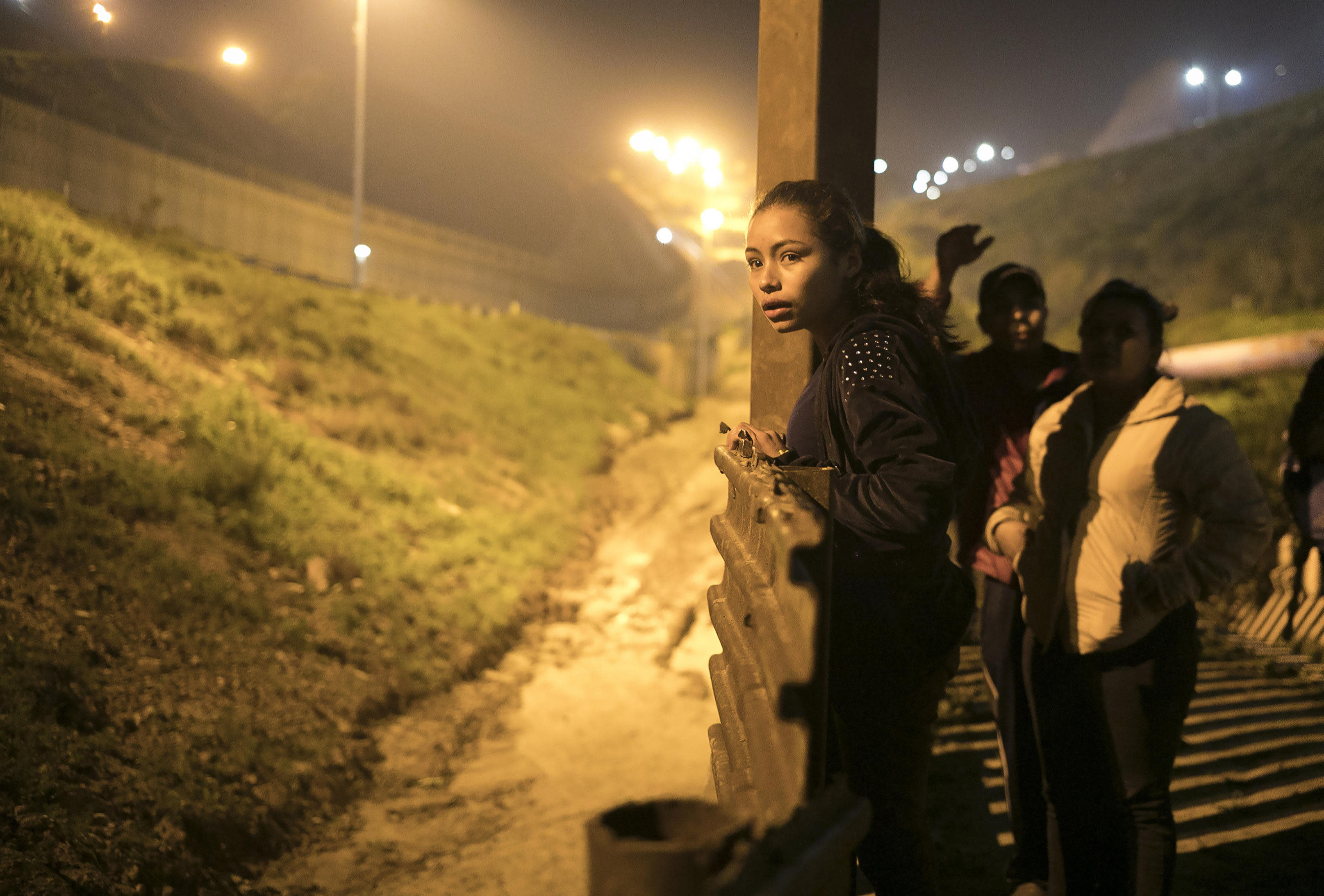Just 39 migrant kids avoided expulsion at the border in May
Camilo Montoya-Galvez,CBS News•June 18, 2020

The U.S. allowed just 39 unaccompanied migrant children at the southern border to stay and seek refuge in the country last month as immigration officials continued to expel most border-crossers, regardless of their age, under an emergency order the Trump administration says is needed to contain the coronavirus.
In May, officials at the southern border carried out 1,001 arrests of unaccompanied children, who are encountered without parents or legal guardians. However, only 39 of these migrant minors were transferred to the Office of Refugee Resettlement and avoided being expelled, according to unpublished government data obtained by CBS News.
The low number of referrals to the refugee agency in May is part of an unprecedented decline in the admissions of unauthorized migrant minors since March, when the expulsions policy was implemented. The Trump administration has argued that a directive by the Centers for Disease Control and Prevention (CDC) supersedes the laws that created a process for these minors to request asylum and other protections while in shelters overseen by the U.S. government.
After receiving 1,900 migrant minors in January and 2,273 in February, the Office of Refugee Resettlement reported 1,852 new admissions in March and just 62 in April. Since the agency has continued to release children to sponsors, who are typically family members in the U.S., the dwindling referrals from the border have fueled a dramatic drop in the number of minors in its care.
As of Thursday, the refugee agency had less than 975 migrant children in its custody — a 72% decline from late March. Through its current network of contracted shelters and other housing facilities, the agency has the capacity to care for more than 13,000 minors at a time.
Jennifer Nagda, a policy director at the Young Center for Immigrant Children's Rights, said the U.S. can continue offering refuge to unaccompanied children during the pandemic, especially given the ample bed capacity the Office of Refugee Resettlement currently has.
"There were 1,000 children who came to our border and asked for help and — with 39 exceptions — every single one of them was turned away," Nagda told CBS News.
"If those children would have come into our system, large percentages of them would have been found to have claims for protection. They would be eligible for asylum. They would be eligible for protection as trafficking victims," she continued. "We are sending children back to traffickers, back to persecutors, back to abusers."
Since 2008, most non-Mexican unaccompanied migrant children have been protected from rapid deportations under a bipartisan anti-trafficking law that also requires border officials to transfer these minors to the refugee agency within three days, barring extraordinary circumstances. With the help of government-funded lawyers and child advocates, these children can apply for relief from deportation as they await to be released to sponsors.
Trump administration officials and immigration hawks have denounced this process as a series of "loopholes" that encourage teenagers and other minors to journey to the U.S. without proper documents in search of a better life.
Through the CDC directive, which has been extended indefinitely, the administration has largely shut this process down. Officials have defended the expulsions of children, saying that minors pose the same public health risk during a pandemic as adults and families.
So far, nearly 43,000 expulsions have been carried out under the CDC order, which officials have portrayed as a successful tool in blocking the entry of people who could spread the coronavirus in the U.S.
Customs and Border Protection carried out nearly 900 expulsions of unaccompanied minors in March and April, but has declined to provide figures for May. The agency has also not said how its officers determine whether to transfer a child to the Office of Refugee Resettlement during the pandemic.
"If this information were made public it would be exploited by human smugglers and activists, adding to cartel profits, and potentially raising the risk of infection within CBP holding spaces," spokesperson Matthew Dyman said in a statement.
Earlier this month, the American Civil Liberties Union and other advocacy groups filed two lawsuits on behalf of a 16-year-old Honduran teenage boy in U.S. custody and a 13-year-old Salvadoran girl who was expelled in April.
Though the relief sought in the lawsuits is limited to the two minors, advocates believe the court challenges can ultimately help them block the expulsions policy.
Magdalena, the mother of the 13-year-old girl, said she fears her daughter could be persecuted in El Salvador by the same gang members who prompted her to flee to the U.S. in 2013.
"It surprised me, filled me with sadness and disappointment," she said in an interview with CBS News, referring to her daughter's deportation. "Before being deported, they should have a fair trial. I think we all deserve that."
No comments:
Post a Comment